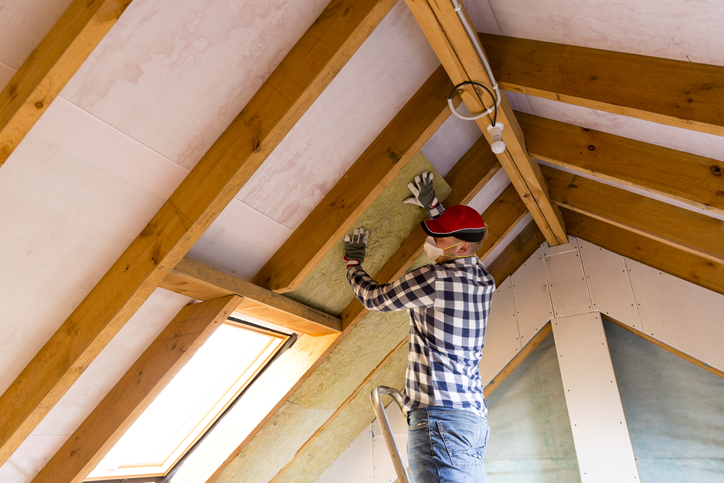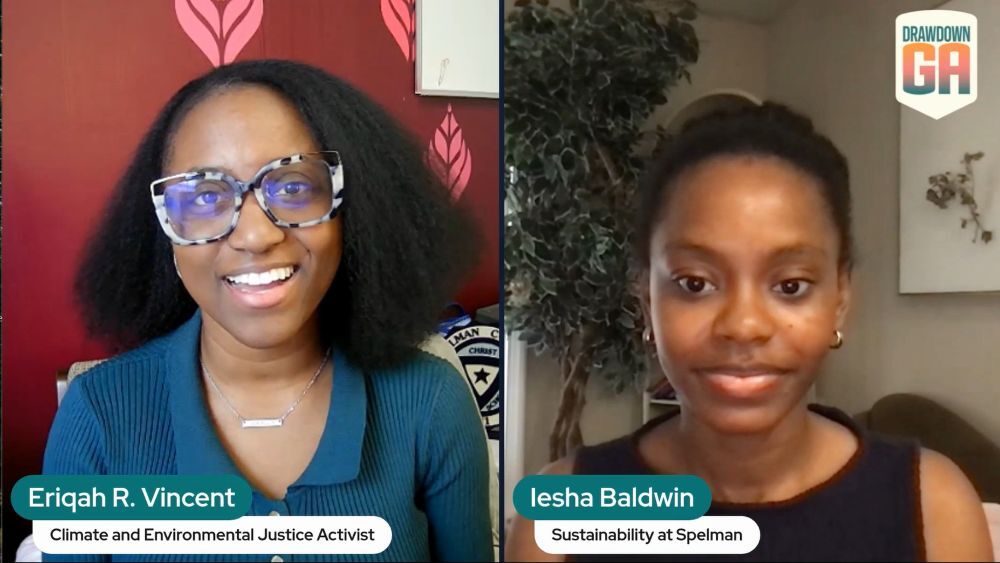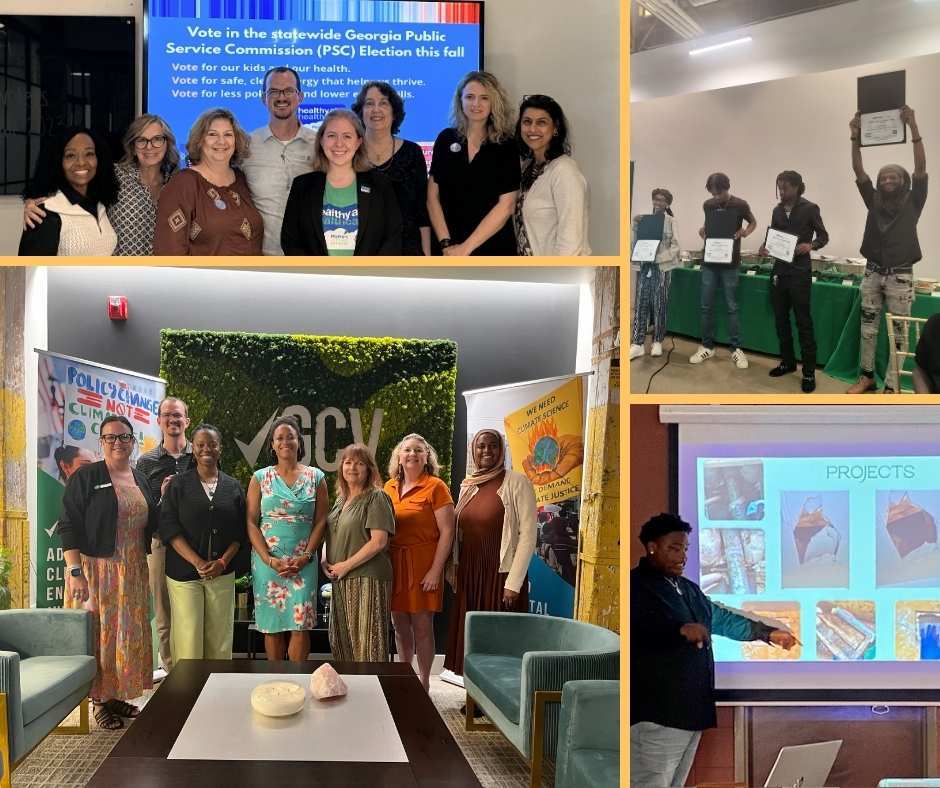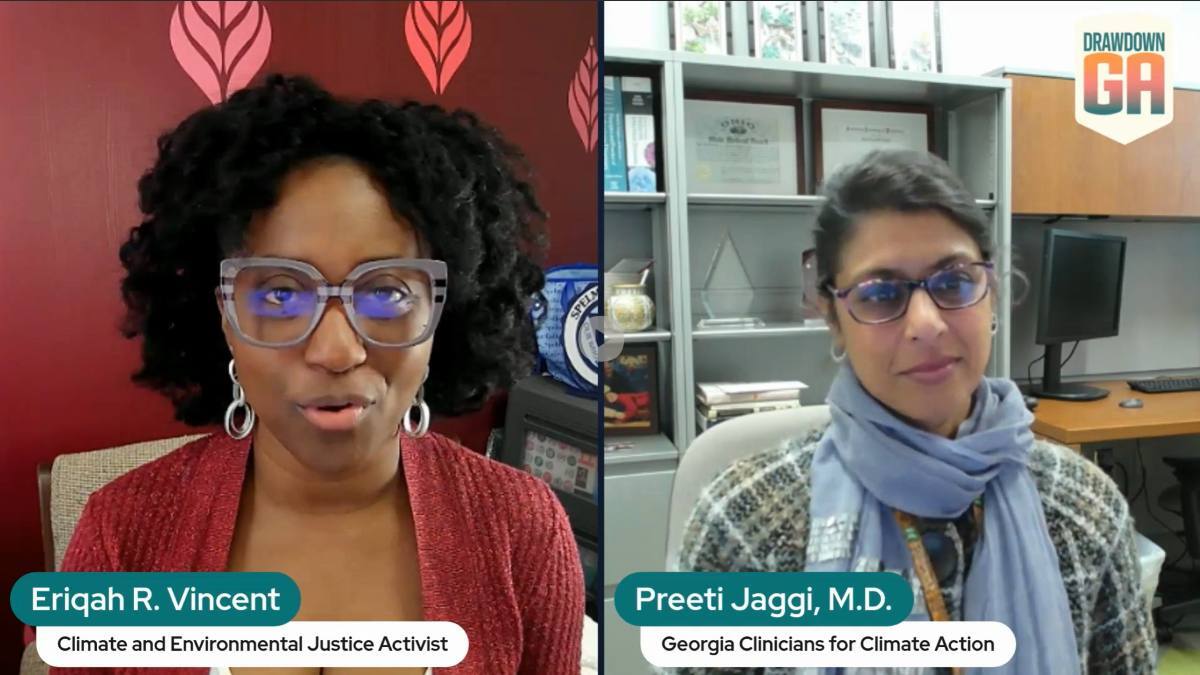Drawdown Georgia researchers are keenly aware of the organic connections that can exist Beyond Carbon and between scaling climate solutions, creating jobs, and advancing racial and economic equity in our communities.
The recipients of the inaugural Drawdown Georgia Climate Solutions & Equity grants, awarded in December 2022, also understand the value of connecting these dots. A prime example is the work being done by the Gwinnett Housing Corporation in collaboration with the Georgia Hispanic Construction Association and the Southeast Energy Efficiency Alliance that seeks to invest in energy-insecure communities, expand access to weatherization, and build energy efficiency and clean energy minority job pipelines.
A Conversation About Climate Solutions in Gwinnett County, Georgia
We spoke recently with representatives from each of these partner organizations about the critical work they are doing to strengthen communities, scale climate solutions around energy efficiency and weatherization, and address racial and economic inequities in Gwinnett County, including:
Karen Ramsey, Housing Initiatives Director, Gwinnett Housing Corporation
The Gwinnett Housing Corporation (GHC) is a nonprofit development organization with a focus on creating, rehabilitating, and operating quality, affordable residential housing. GHC works to create sustainable housing opportunities for low- and moderate-income families in Gwinnett County through the creation, revitalization, and preservation of housing stock in targeted neighborhoods with physical and economic reinvestment needs.
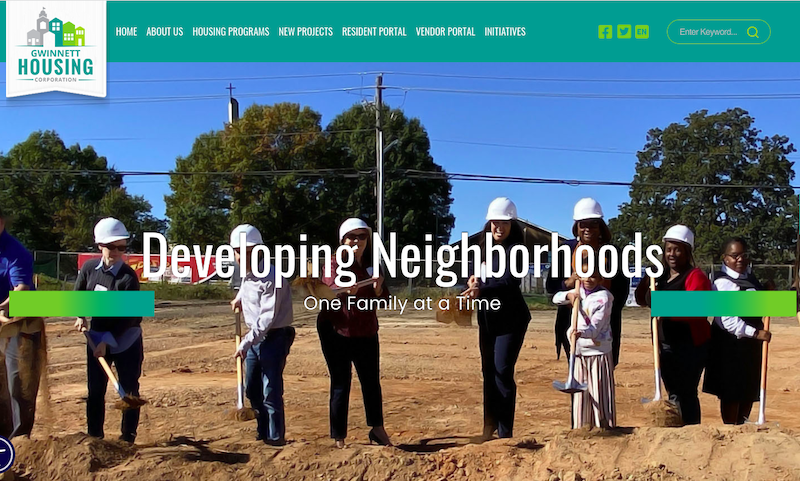
Rafael Villegas, Executive Director, Georgia Hispanic Construction Association
The Georgia Hispanic Construction Association (GHCA) is a 501(c)6 non-profit, membership-based organization established in 2012 to serve the needs of the growing Hispanic construction community in the State of Georgia. The GHCA provides education and business development resources to help small and medium-sized construction firms to build a stronger business foundation and to secure more and better business opportunities.
William D. Bryan, Ph.D., Director of Research, Southeast Energy Efficiency Alliance
SEEA is a 501(c)(3) nonprofit organization that works in eleven states and five U.S. Island territories to ensure that all people in the Southeast live and work in healthy and resilient buildings; utilize clean and affordable transportation; and thrive in a robust and equitable economy. Through research, programming, and policy support, SEEA leverages energy efficiency to decrease regional emissions, expand access to clean energy, and support healthy, affordable housing for vulnerable communities throughout the Southeast.
Tell Us More About the Work Funded by the Climate Solutions & Equity Grants
Create a Comprehensive Development Plan
William D. Bryan: With guidance from Georgia State Representative Marvin Lim, GHC will partner with the Georgia Hispanic Construction Association (GHCA) and our organization to develop a comprehensive federal investment and workforce development plan to benefit disadvantaged communities in State House District 98 (HD 98) - the most diverse and under-resourced part of Gwinnett County.
Increase Access to Energy Services
Karen Ramsey: The pilot program will expand low- and moderate-income households’ access to weatherization assistance and assist them with identifying and accessing programs that will reduce their energy burdens. Additionally, this grant funding will afford SEEA and GHCA the opportunity to assess the roadblocks to minority business participation in providing energy services and work with local contractors to provide training and resources for BIPOC contractors to develop a pipeline of minority firms that have the ability to benefit from federal efficiency investments.
Unite Minority-Owned Businesses
Rafael Villegas: We are very proud to be among the collaborators in this initiative that will take on the essential energy efficiency and weatherization needs of disadvantaged households in our community and support small businesses in getting the necessary training and access to projects to help these households attain the support they need and deserve.
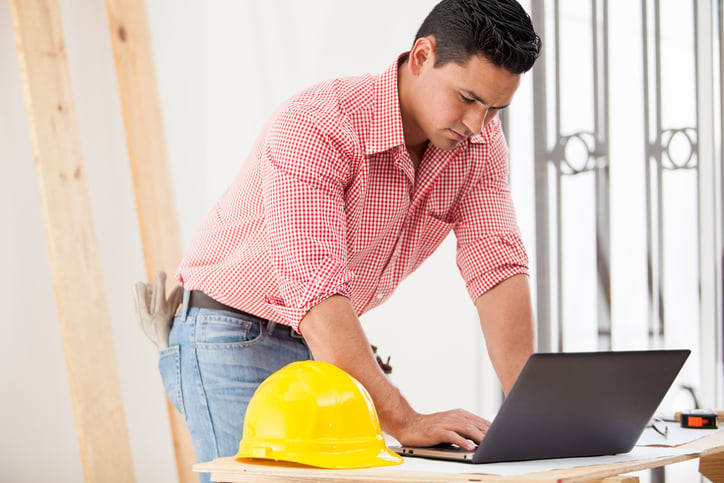
Each of us holds a particular set of values and talents. In our case, it is the power to unite minority-owned businesses, provide the necessary training and help build a safer and more inclusive construction industry.
Reap Lasting Benefits of Energy Efficiency Investments
Bryan: This project will prepare Georgians to reap the lasting benefits of energy efficiency investments. Federal funds available through the Infrastructure Investment and Jobs Act (IIJA) and Inflation Reduction Act (IRA) provide more than a decade of investment and have the potential to transform low-income and BIPOC communities.
By developing a plan to take advantage of available funds over the course of the next decade, we will be able to create programs that meet community-identified needs and prepare decision-makers for the full slate of funding. This project will also build community ties through stakeholder coalitions that can continue to advocate for and implement programs and policies to address inequities in the future.
Ultimately, this project will expand access to energy efficiency for Georgia’s low-income and BIPOC communities, who have too often been excluded from these solutions. By directing federal energy efficiency investments to the most vulnerable households in Gwinnett County, we aim to level distributional inequities that have resulted from a lack of community input and skewed funding priorities for housing and energy work.
How did your organizations come to collaborate on these projects?
Identifying the Connections Between Combined Missions
Villegas: We all bring exciting resources to the table that can produce powerful and meaningful solutions, mainly to affordable, sustainable, and efficient housing projects that positively affect the lives of hundreds of thousands of Georgians. Thanks to Rep. Marvin Lim, who has been working tirelessly for years to support BIPOC and other communities at a disadvantage in the State of Georgia, we all joined this project at the core of our combined missions. GHC, by leading affordable housing efforts; SEEA, by guiding the expertise in energy efficiency resources; and GHCA, by bringing together minority-owned construction businesses, construction professionals, and construction workers and their families.
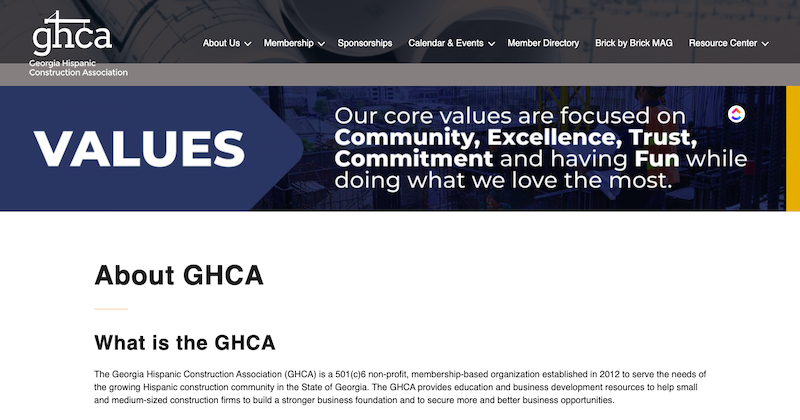
Reducing the Energy Burdens Makes Housing More Affordable
Ramsey: While most housing affordability conversations center around rising rent or mortgage amounts, high utility costs can often make a seemingly affordable home unaffordable. We understand that by reducing the energy burden for low- to moderate-income households, we significantly reduce housing costs and increase affordability. Developing sustainable and affordable housing must incorporate energy efficiency into construction and rehabilitation projects.
Similarly, the supply of a qualified construction workforce also affects housing costs and ultimately overall housing affordability. The construction industry’s severe labor shortages directly impact GHC’s ability to develop affordable housing.
With the IRA’s anticipated $370 billion in investments targeted toward lowering energy costs, GHC wants to ensure that we have a trained workforce ready to implement these much-needed programs in our community. Our work with GHCA and SEEA to identify and train small BIPOC businesses is crucial because 25% of the households in the target area are employed in the construction industry. Skill diversification will not only assist with GHC’s affordable housing preservation efforts, but it will also insulate BIPOC businesses from economic shocks by expanding their business expertise.
Housing, Healthcare, and Other Topics Critical to Energy Insecurity
Bryan: We believe that energy inequities cannot be addressed only by organizations working on “energy” issues, and want to build a big tent of organizations working on housing, healthcare, and other topics that are critical to vulnerability to energy insecurity. Each of these organizations bring key aspects to the work that make our collaboration stronger.
SEEA’s knowledge of federal funding, policy, research, and facilitation has helped to identify funding sources and link those with community needs, while GHC has brought an understanding of housing programs and operations on the ground that provide capacity for energy efficiency work. Additionally, GHCA provides key relationships with contractors and workers who are doing the work and an understanding of the needs of these communities to ensure that the benefits of weatherization and energy efficiency go to local workers in vulnerable communities.
Why are energy efficiency, weatherization, and workforce development projects so important for your community?
Energy Efficiency is More than an Energy Issue
Bryan: SEEA believes that energy efficiency is not just an “energy” issue. It has the ability to improve the affordability and healthfulness of housing, particularly for vulnerable communities, while enhancing resilience in the face of disaster events and mitigating climate burdens caused by inefficient housing.
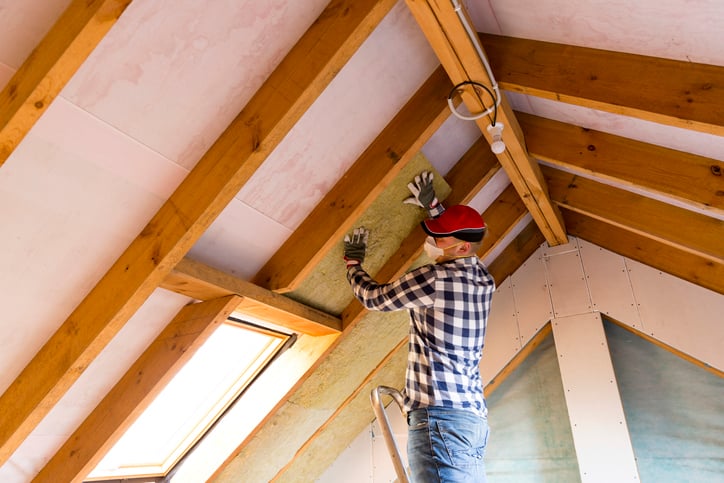
Energy efficiency is also a leading energy job sector and has real potential to enhance job opportunities for communities throughout the state. Ultimately, we aim to leverage energy efficiency programs and aid to tackle a wide range of the most pressing issues facing Georgians, from racial injustice to evictions to disaster preparedness.
Coming Together to Creatively Provide Solutions
Villegas: Energy efficiency, weatherization, and workforce development are key pillars in the further development of communities at a disadvantage. To reduce the socioeconomic vulnerability of our neighborhoods, we need community and policymakers, NGOs, government entities, and the private sector to come together to creatively provide solutions to strengthen the educational foundation of individuals and families; this is why workforce development is so important. Meanwhile, initiatives related to revamping or building energy-efficient homes are crucial to lowering the household's economic weight while keeping our communities under a safe and happy roof.
Lower Energy Burden Increases Housing Affordability
Ramsey: Underserved and marginalized communities are most often the communities overlooked when it comes to efficiency, weatherization, and workforce development. House District 98 has over 9,000 households with unaffordable housing costs and more than 5,000 households that face either extreme or high energy burdens.
While the energy burdens are high, households with low-to-moderate incomes often find it challenging to complete efficiency improvements due to the costs associated with them. Increasing access to efficiency, weatherization, and workforce development projects reduces the energy burden for residents, increases housing affordability, and increases the pipeline of contractors that live and work in the area and are trained and able to provide efficiency rehabilitation work.
How can people follow the work you do and/or get involved in your projects?
GHC: You can follow our work on the Gwinnett Housing Corporation website or find us on Facebook.
GHCA: We are a very active organization that is easy to find on the internet or social media. Our website is the best resource to learn about our work, or follow us on social media on Instagram, Facebook, and LinkedIn. Any initiatives related to the Drawdown Georgia project will also be promoted through our monthly newsletter, reaching out to over 4,000 businesses. We are always looking for volunteers that feel the common ground with our purpose.
SEEA: You can learn more about our work on our website or follow us at Southeast Energy Efficiency Alliance on LinkedIn and @SEEAlliance on Twitter.
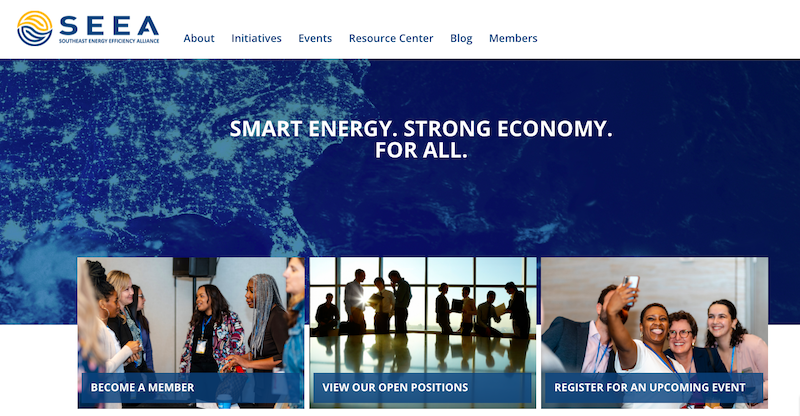
Stay Up to Date on the Progress of Climate Solutions & Equity Grant Projects
Thank you, Dr. William Bryan, Karen Ramsey, and Rafael Villegas for speaking with us. We look forward to following your progress as your organizations continue this important work to advance energy efficiency and equity in Georgia!
Don’t miss out on future blog posts sharing updates from the Gwinnett County Housing Corp, Georgia Hispanic Construction Association, Southeast Energy Efficiency Alliance, and all of the recipients of the 2022 Drawdown Georgia Climate Solutions & Equity grants.
Subscribe to receive notifications about future blog posts now.


